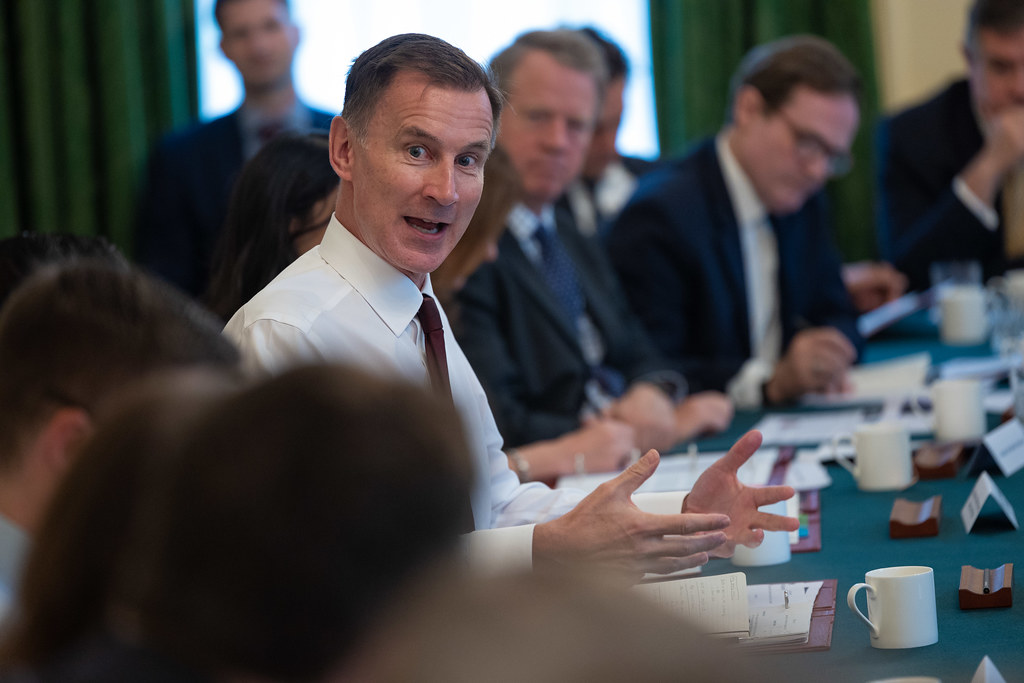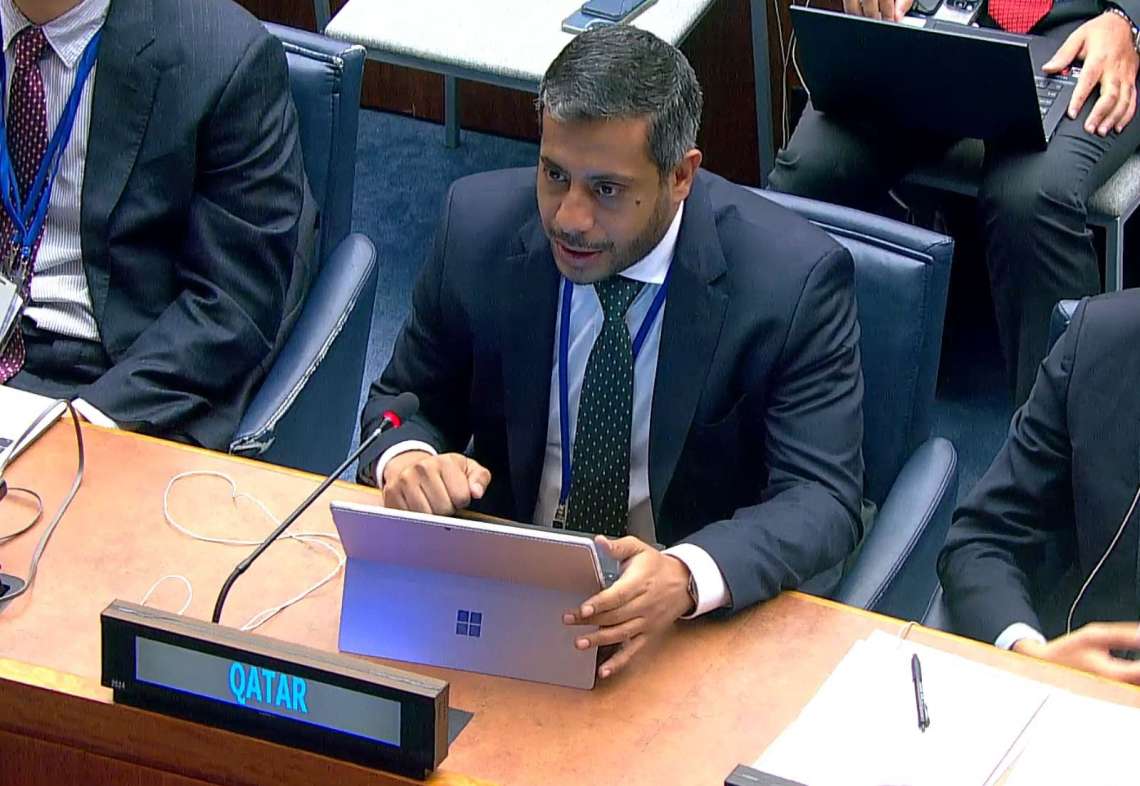Michael Stull, a senior executive at the recruiter Manpower, said the demand for workers was weaker than a year ago, though there were “mixed messages” from employers…reports Asian Lite News
Headline inflation eased again in September, official figures are expected to show this week, while pay growth is slowing.
Economists polled by Refinitiv expect the Office for National Statistics (ONS) to say annual inflation fell slightly to 6.5% in September from 6.7% in August. However, that is still well above the Bank of England’s 2% target.
A steeper fall in prices growth was likely until oil prices jumped, with the cost of a barrel of Brent crude up $10 over the month to a peak of $97 at the end of September. It has since fallen back to $90.
The jobs market has also weakened, increasing unemployment and reducing the need for employers to keep pushing wage bills higher.
The ONS said last month that total earnings (including bonuses) in the three months to July 2023 were 8.5% higher than in the same period a year earlier – the highest since modern records began in 2001 other than during the Covid-19 pandemic.
Most analysts said the exceptional increase in average incomes – boosted by bonuses to NHS workers – most likely weakened in August to 8.3% or lower.
Earnings growth without bonuses is expected to be unchanged at 7.8% in the three months to August compared with a year earlier, according to economists polled by Refinitiv.
Michael Stull, a senior executive at the recruiter Manpower, said the demand for workers was weaker than a year ago, though there were “mixed messages” from employers.
“Tech firms and consultancies that over-hired staff during the pandemic are making layoffs while other firms that need skilled IT people are hiring. And there is still an unsatisfied demand for drivers and skilled technical workers,” he said.
Martin Beck, chief economic adviser to the EY Item Club, said concern among mortgage holders that “sticky inflation” would persuade Bank of England policymakers to raise interest rates for a 15th time in 21 months when they meet in November was misplaced.
Beck, who has forecast inflation to remain at 6.7% in September, mainly due to the rise in oil prices, said there would probably be a steep fall in the last three months of the year, taking inflation towards 4%.
“Inflation is now expected to fall slightly faster than was forecast in the summer, and could reach 4.5% by the end of 2023, before hitting the Bank of England’s 2% target during the second half of 2024,” he said.
He expects Threadneedle Street to hold rates at 5.25% in November for a second consecutive time and begin cutting them next May to help revive what he expects will be a stagnant economy.
ALSO READ-













